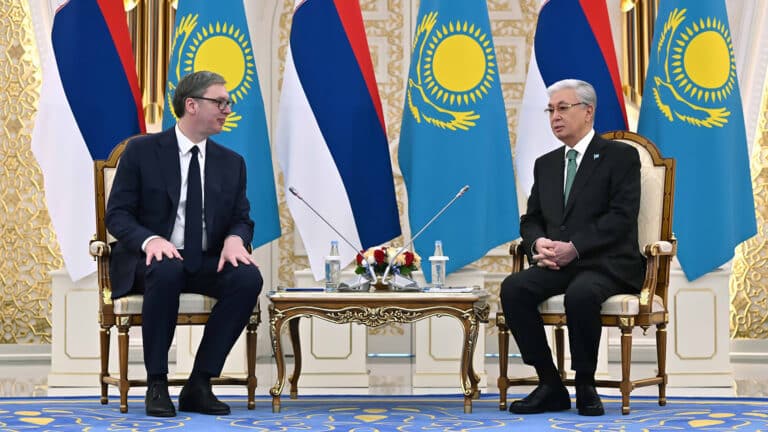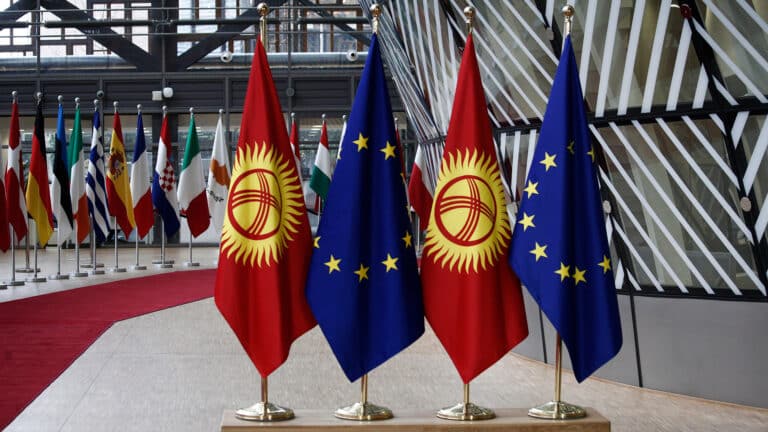
AI platforms such as ChatGPT can instantly provide information on illnesses, diets and medications. However, as technology becomes more accessible, rising concerns about misinformation and limited oversight have pushed governments around the world to consider restricting AI from dispensing medical advice. The debate has drawn sharp opinions from physicians, technologists and patients alike, writer Kavitha Yarlagadda noted in a recent commentary.
Risks of self-diagnosis
Reports from Asia highlight a surge in self-medication as people rely on chatbots and AI tools for health advice. This trend is dangerous; some individuals have been hospitalized after following unverified recommendations. Young people, facing rising stress and limited access to professional counseling, are turning to AI self-help apps for mental health support.
Experts warn that AI responses can be outdated, overly simplistic or contextually inaccurate. Relying on these responses to self-diagnose or treat conditions, without consulting a physician, poses serious risks.
Regulatory pushback
Notably, responding to these risks, governments are establishing clearer guardrails. Japan, for example, has issued fact sheets and data-use rules for medical AI. South Korea has instead created approval standards for large-scale health models.
Meanwhile, in the U.S., Illinois recently became the first state to formally ban AI from acting as a therapist or counselor. This marked a major regulatory step amid growing unease about AI’s role in mental health care.
Benefits vs. oversight
Despite the risks, AI holds promise when used responsibly. In India, technology has not replaced doctors, nurses or paramedics, but is increasingly used to improve patient outcomes. Some hospitals use AI as a digital scribe, drafting preliminary diagnoses and treatment notes for doctors to review and approve.
Nonetheless, experts note that AI is only as reliable as its training data. It often misses the nuance and judgment that only medical professionals provide. To bridge these gaps and protect public health, experts recommend health education, awareness campaigns and targeted training. This should help people make safer choices and reduce their reliance on unregulated AI health advice.













